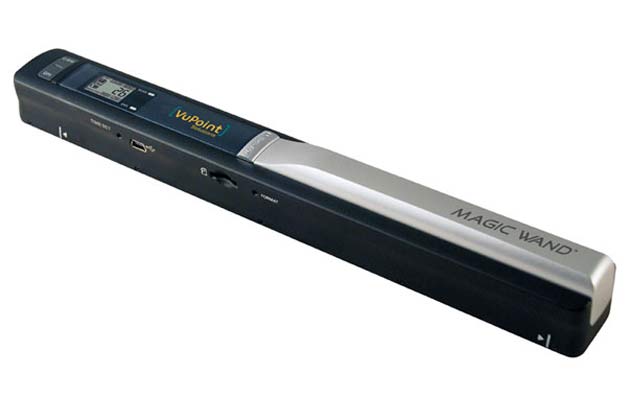Main Body
Hardware: the stuff you don’t need
A trip to a large research center is an investment, one that can be aided by the correct gear and hindered by poor choices. Therefore, I strongly suggest keeping your research pack small and purchasing compact equipment to replace items that bulky, heavy, and difficult to carry. Below is a short list of items to leave at home on your next research trip.
Bulky and Older Technology
Do not bring an external Hard Drive that is larger than 2.5” in size. Avoid 3.5″ external Hard Drives as if they were the plague.
If your laptop is 2 years or older or is too large to comfortably carry for long-distances, seriously consider purchasing a new (or refurbished) smallish laptop or ultrabook (12-14” screen size). You do not want your old laptop to die when you are overseas, nor do you want to lug around a mammoth laptop you generally consider too heavy to carry to class.

Voltage Adaptor
Do not purchase or bring along a voltage adaptor: those old-fangled gizmos that convert 110V (US electrical standard) to another power-type (such as 240V, European electrical standard). They are expensive, bulky, and not needed. Virtually every electrical device today (mobile phone chargers, laptops, and hair dryers) has a transformer built in to handle whatever power supply is available. Just check the fine print etched on your electronic equipment, it will say something to the effect of “Input: 100-240V.” If you are worried about an electrical surge damaging your equipment, purchase a power strip with a surge protector built in.
Flatbed or Hand-Scanners

Seriously, people used to bring full-sized flatbed scanners to research libraries. Hand-scanners are a bit more of an interesting research possibility, and some researchers still swear by them. Hand-scanners are basically a light source, scanning lens, and hard drive all rolled into one. With some practice they return decent digitalized scans of flat documents. However, they are more bulky than a camera, are worthless for scanning bound books or documents, and take much longer to scan a page than a camera – you can literally take 10 camera shots for every scan.
Don’t use them, with today’s camera technology, scanning technology is not essential for digitalization. More importantly, many research libraries will no longer permit researches to bring along scanners of any type. However, some research libraries have book scanners available, which you may be able to use.
Disposable batteries
If your camera takes AA or AAA batteries, just go with rechargeable, there is a bit of an initial investment, but over a few weeks of constant use, you’ll make up the money easily.
Equipment stands
Camera stands – such as tripods or monopods do a very good keeping shots still and thus improve picture clarity in the low light settings you will face in a library. However, tripods are bulky, both will slow you down, and neither are essential to the digitalizing process. You will find that with the image stabilization software used within your phone or camera, you will get crisp shots of your documents in most light settings found within archives.

